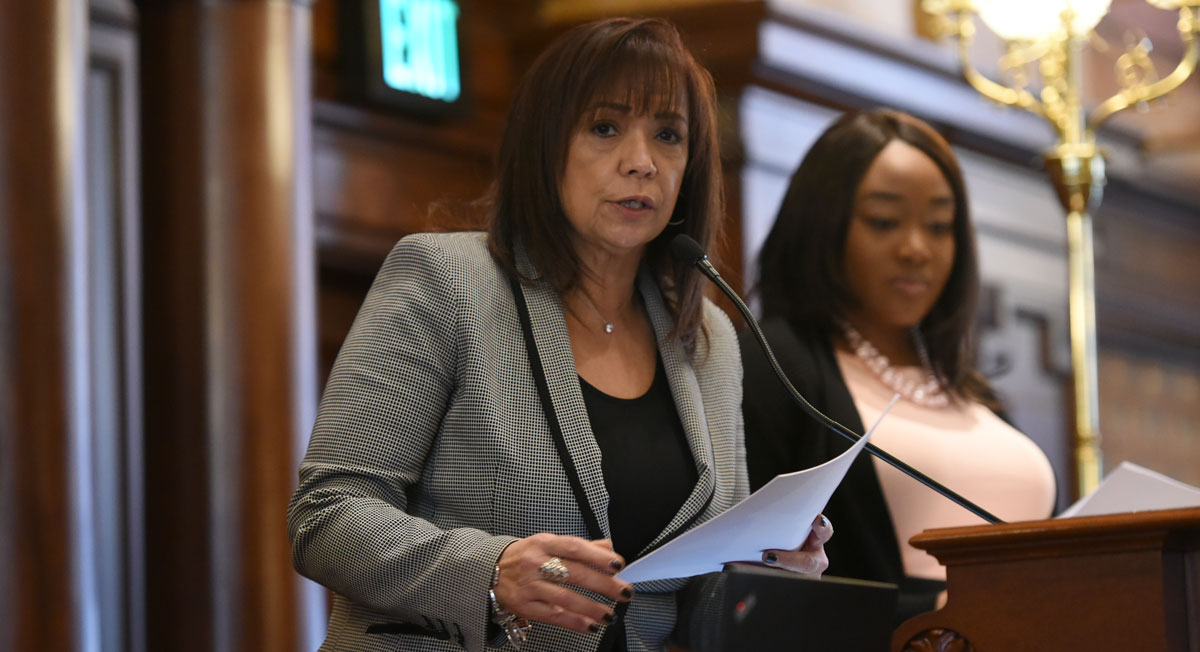 CHICAGO — More scams are popping up as a result of the novel coronavirus outbreak, and Assistant Majority Leader Iris Y. Martinez (D-Chicago) urges people to be careful when responding to requests for money or personal information.
CHICAGO — More scams are popping up as a result of the novel coronavirus outbreak, and Assistant Majority Leader Iris Y. Martinez (D-Chicago) urges people to be careful when responding to requests for money or personal information.
“We can all understand the desire to help others during this time, but I can’t stress the importance of using extreme caution when giving personal information over the phone or computer,” Martinez said.
Attorney General Kwame Raoul said attorneys general from across the nation have seen an increase in reports of people posing as charitable organizations or public health agencies. Those scams, according to Raoul, include cyber scams, telephone and text messaging scams, counterfeit product offers, bogus door-to-door offers of tests and products related to the coronavirus and solicitations for donations to phony charities.
Some of the most common scams seen by Raoul include:
• Emails claiming to be from the Centers for Disease Control and Prevention, World Health Organization, and other health care organizations, offering to share information about the virus;
• Emails asking for the verification of personal data, including Medicare or Medicaid information, in exchange for receiving economic stimulus funds or other benefits from the government;
• Email phishing scams, text messages from unknown sources which may include hyperlinks to what appear to be automated pandemic updates, or interactive infection maps;
• COVID-19 vaccinations and home test kits that are made online, in stores, through electronic messages or over the phone.
For more information or to report scams connected to COVID-19, please visit the attorney general’s website: https://www.illinoisattorneygeneral.gov/.
Senator Martinez warns of COVID-19 cyber scams
- Details
- Category: Senator Iris Y. Martinez News













 © 2026 Illinois Senate Democratic Caucus
© 2026 Illinois Senate Democratic Caucus